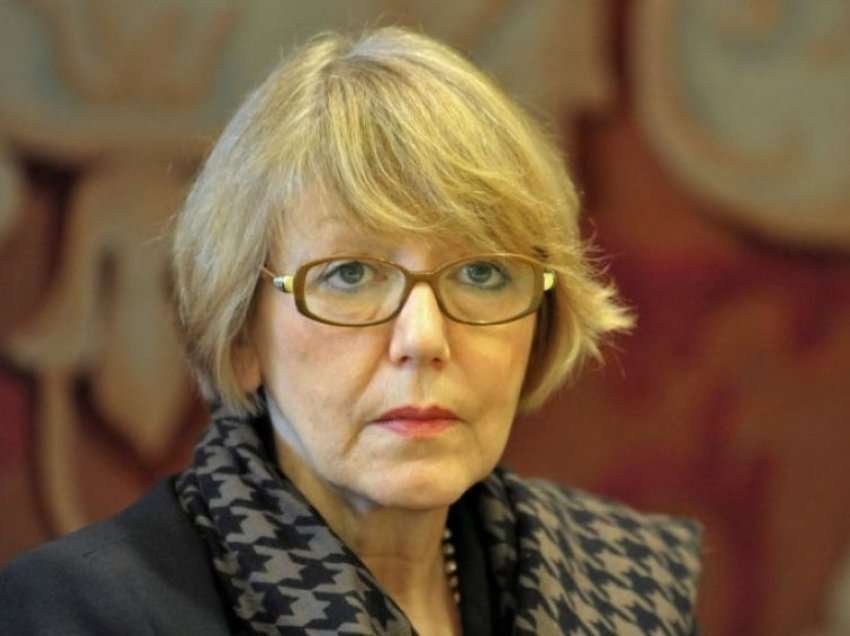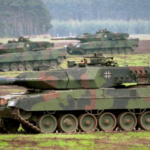The Chairwoman of the Helsinki Committee for Human Rights in Serbia, Sonja Biserko, has criticized the EU’s Special Envoy for Dialogue, Miroslav Lajčak. She commented on the Slovak envoy’s statement that the opening of the Ibër Bridge could provoke new tensions and that this issue should be included in the negotiation table in Brussels. On the other hand, Kosovo’s Prime Minister Albin Kurti has stated that the opening of this bridge is not against anyone but for the benefit of the residents of that area.
According to Biserko, Lajčak lacks the authority to compel both parties to implement what has been agreed upon. She emphasized that Belgrade’s goal is the division of Kosovo.
“The EU, specifically Lajčak, has not been the most successful mediator. It seems that he lacks the authority to compel both parties to implement what has been agreed upon. Belgrade benefits from the tensions and maintaining the status quo, hoping that an opportunity for division will arise. Therefore, any attempt to normalize things in Belgrade is portrayed as raising tensions,” Biserko told the newspaper “Bota sot.”
The Chairwoman of the Helsinki Committee for Human Rights also commented on Prime Minister Kurti’s refusal to meet with Serbian President Aleksandar Vučić and his setting of three conditions.
She assessed the June 26 meeting as an attempt by the EU’s outgoing Foreign Policy Chief, Josep Borrell, to maintain momentum in the dialogue.
“It was clear that this was an attempt by the outgoing Commissioner Borrell to maintain momentum in the dialogue. It was clear that there was no chance for any significant progress,” emphasized Sonja Biserko.
Estonian Prime Minister Kaja Kallas will be the new EU Foreign Policy Chief. She has often been referred to as “Europe’s new Iron Lady,” and she has consistently emphasized her full support for Kosovo on its Euro-Atlantic path.
According to Biserko, Kallas will be seriously engaged in the Balkans against Russia’s operations.
“Kaja Kallas will undoubtedly be very engaged in all issues where Russia has the potential to destabilize or increase tensions. Given the country she comes from, she is very familiar with Russia’s methods of operation, and I expect her to be seriously involved in the Balkans, where Russia is stirring up tensions and destabilizing the region,” she told “Bota sot.”







